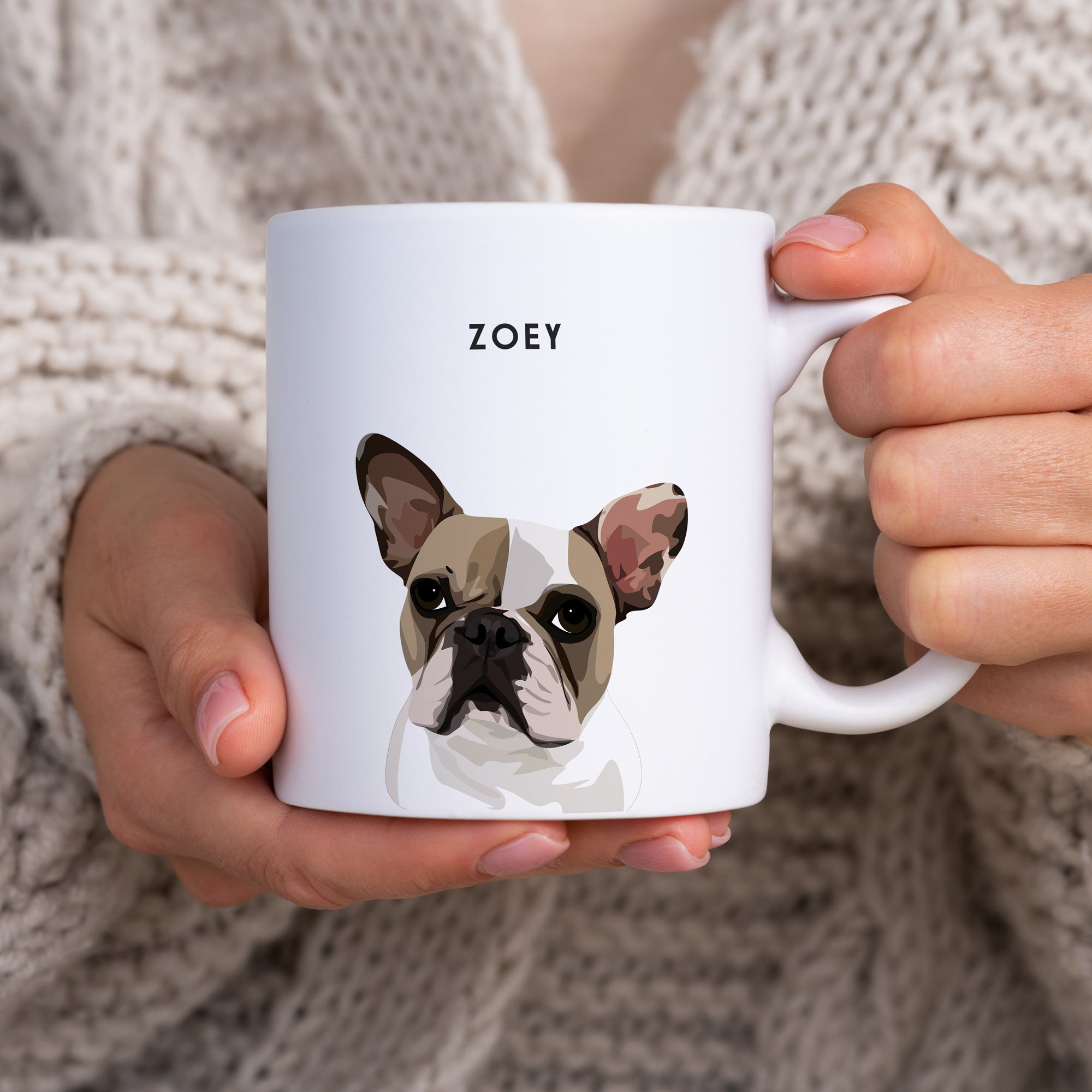The door opens and in a flash, there's a whirlwind of tail wags and happy barks. Is there anything more heart-melting than the moment our four-legged friends reunite with us after a long day? It's as if they're saying, "You're home! My day is now complete!" But, paw-se for a second—do dogs really miss their owners, or are we humans just interpreting their reactions through our own emotional lens? Let's dig into this tail-wagging question and find out if our pups truly feel the absence of their humans.
The Canine Companion Bond
The bond between dogs and their owners is something truly special—almost like magic, but with more drool. Did you know that there are actual scientific studies that back up this incredible connection? Research has shown that when we gaze lovingly into our dogs' eyes, both our brains release oxytocin, the same hormone that strengthens the bond between mothers and their babies. This isn't just puppy love; it's a profound, biological connection that has been shaped by thousands of years of evolution.
Our furry friends haven't just wandered into our homes; they've trotted right into our hearts and set up camp. Through the ages, dogs have evolved alongside humans, learning to read our gestures and expressions, sometimes even better than we read each other's. This evolution has turned them into expert human companions, hardwired to form deep attachments to their two-legged family members. So, when we talk about dogs missing their owners, we're not barking up the wrong tree—it's a connection built on a foundation of shared history and mutual affection.
Signs Your Dog Misses You
Ever noticed how your pooch seems a little down when you grab your keys? That's one of the tell-tail signs your dog might be missing you. Some dogs might go on a hunger strike or turn your favorite slipper into a chew toy—though we'd like to think they're just preparing a "welcome home" present. And let's not forget the grand welcome we receive when we return, with our dogs showering us with slobbery kisses as if we're returning from a heroic quest, rather than just a trip to the grocery store.
On a more personal note, I remember a time when my dog, Captain Fluffypaws, would curl up on my sweater whenever I was away. It was as if he was trying to soak up every last bit of my scent. And when I came back? Oh boy, it was like the grand finale at the Barkingham Palace—pure, unadulterated joy. These furry anecdotes aren't just for giggles; they're the real deal, showing us that our dogs do seem to feel our absence in their own special way.
The Science of Separation Anxiety in Dogs
Separation anxiety in dogs is like a puzzle made of whines and chewed-up door frames. It's a serious issue that can manifest in various ways, from psychological symptoms like excessive barking and pacing to physiological ones like panting and drooling. When our pups feel that we've been gone for too long, their stress levels can go through the woof, and they can act out in ways that are cries for help.
Veterinary experts have weighed in on this, explaining that separation anxiety is more than just a phase—it's a condition that can greatly affect a dog's well-being. It's important to recognize the signs early on, like destructive behavior or attempts to escape. These are not just bad manners; they're signals that our dogs might be dealing with some ruff emotions when we're not around.
Keeping the Connection Strong
Even when we can't be with our furry sidekicks 24/7, there are ways to keep the connection strong. One trick is to leave behind an item that smells like you—perhaps that old t-shirt you've lounged in all weekend. It's like leaving a part of yourself with them, a comforting reminder that says, "I'll be back, buddy." Interactive toys can also work wonders, keeping their minds engaged and focused on fun challenges rather than your absence.
And for those times when you want to add a personal touch to your dog's day, why not consider a custom pet portrait from West & Willow? Imagine your dog's delight at seeing your face—or even better, their own adorable mug—on the wall. It's a constant reminder of the bond you share, a piece of art that says, "You're always in my heart, even when I'm not in the room."
How to Help Your Dog Cope When You're Gone
Helping our dogs cope with our absence is like teaching them a new trick—it takes patience, practice, and a few treats along the way. Establishing a routine before you leave can give them a sense of stability and predictability. And if you think your dog could use some extra company, consider doggy daycare or a pet sitter—they're like playdates for pups, full of fun and socialization.
Training and socialization are key ingredients in the recipe for a well-adjusted dog. By exposing our furry friends to different environments and faces, we help them build confidence and resilience. This way, even when we're not by their side, they have the tools to handle their solitude like the brave pooches they are. And remember, a well-socialized dog is a happy dog, even when their favorite human is away.
Do Dogs Miss Their Owners: Conclusion
After sniffing out the evidence and sharing our own furry tales, it's clear that dogs do miss their owners. It's not just a case of wishful thinking on our part; it's a bond that's as real as the nose on our dogs' faces. So, next time you see that wagging tail and those eager eyes when you walk through the door, know that your dog's love and longing are genuine.
As dog parents, it's comforting to know that our departure is felt, but it's also a reminder of the responsibility we have to ensure our pups are happy and secure in our absence. With a little understanding and some creative solutions, we can make the time apart easier for both of us. So, go ahead, hang that custom pet portrait, fill up that interactive toy, and step out with the peace of mind that your dog knows you'll always return to them.
FAQs
What are the first signs my dog is missing me?
The first signs can include noticeable changes in behavior, such as a lack of appetite, lethargy, or a sudden interest in your personal items. They're your dog's way of saying, "Hey, when are we going to have our next cuddle session?"
Can dogs understand how long their owner is gone?
Dogs may not watch the clock, but they do have a sense of routine. They might not know if you've been gone for a minute or a month, but they sure know when it's time for their favorite human to come home.
Will getting a second dog help my pet cope with loneliness?
Adding a second dog to the pack can be a great source of companionship for your pet, but it's not a one-size-fits-all solution. It's important to consider your current dog's temperament and the dynamics of bringing in a new furry family member.
How can I tell if my dog has separation anxiety or just misses me?
Missing you is one thing, but separation anxiety is a whole other ball game. If your dog is engaging in destructive behavior, excessive barking, or showing signs of distress when you're about to leave, it might be time to consult a professional.
Are certain dog breeds more prone to missing their owners?
Some breeds, especially those bred for companionship, may be more inclined to form strong attachments and experience separation anxiety. It's all about understanding your dog's breed and their need for closeness.


